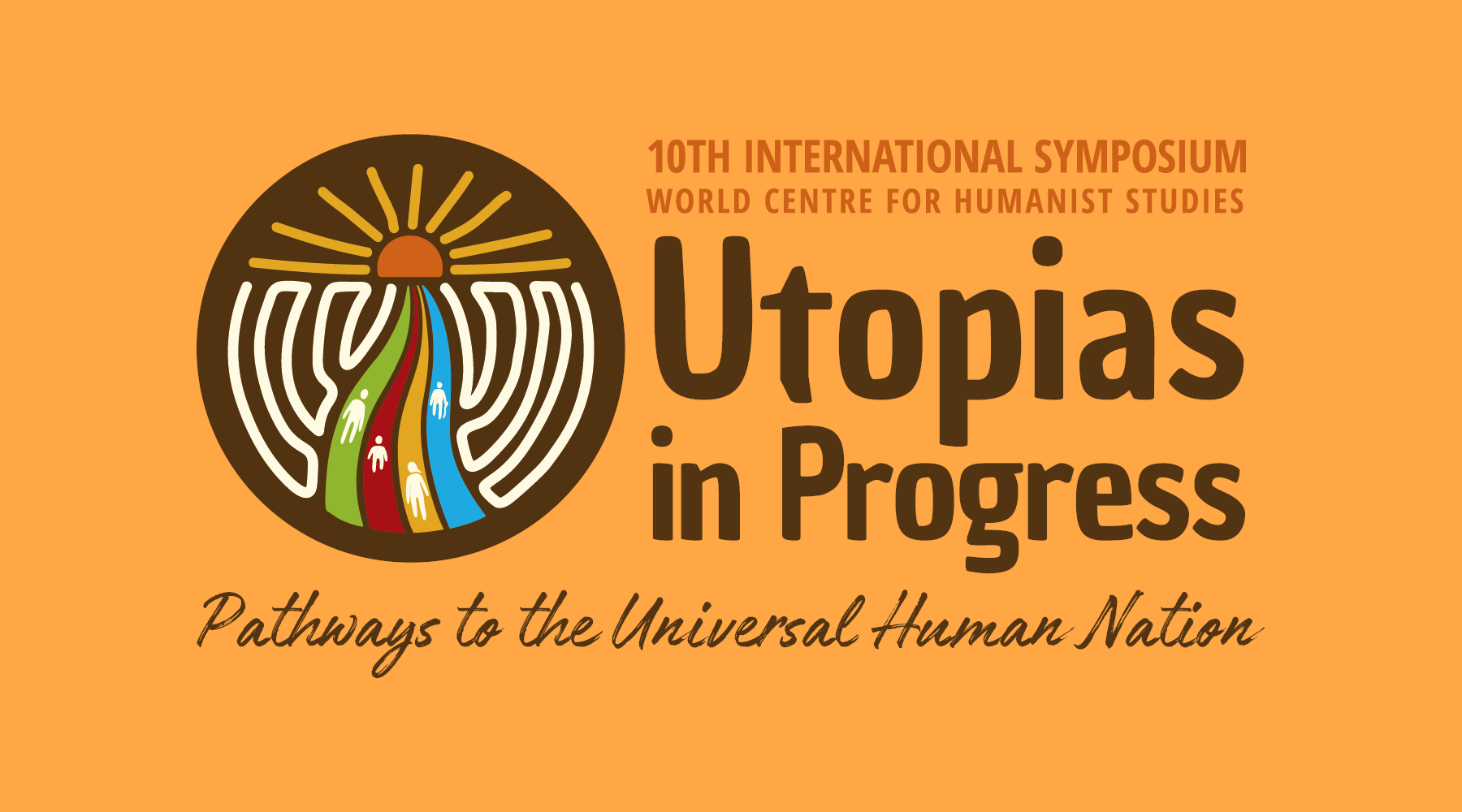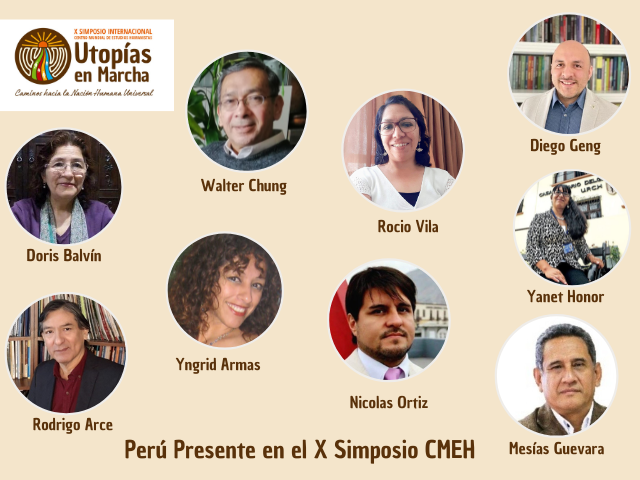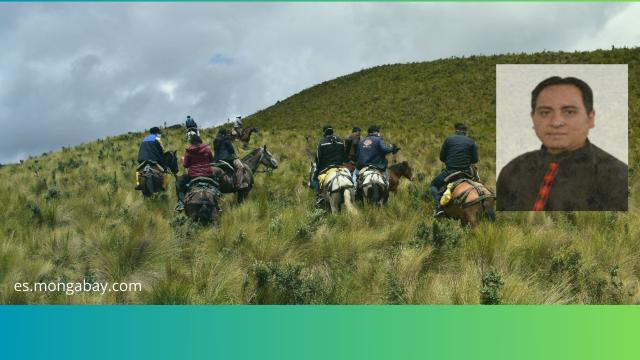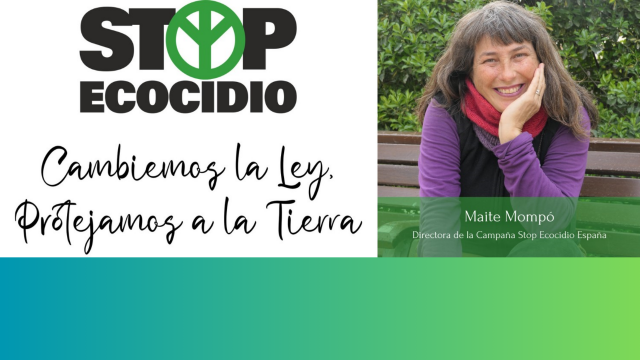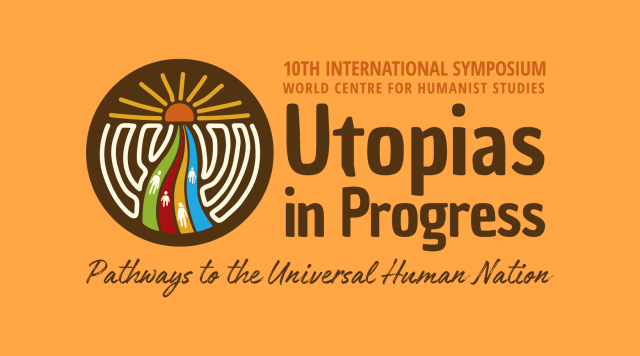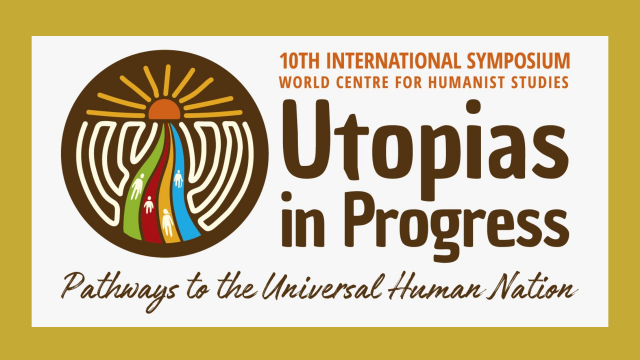Peru present at the X International Symposium of the World Center for Humanist Studies – WCH
There are nine Peruvians who will present presentations and / or participate in round tables at The X International Symposium of CMEH ut utopias en Marcha paths to the universal human nation! the event will be held in virtual and face-to-face mode between May 8 and 11, 2025.
The X International Symposium of the CMEH will address the most varied themes and all of them have in common the construction of utopias, those other ways of doing things that silently dismantle the status quo that is leading us to the global civilizational collapse.
Speakers and presentations

